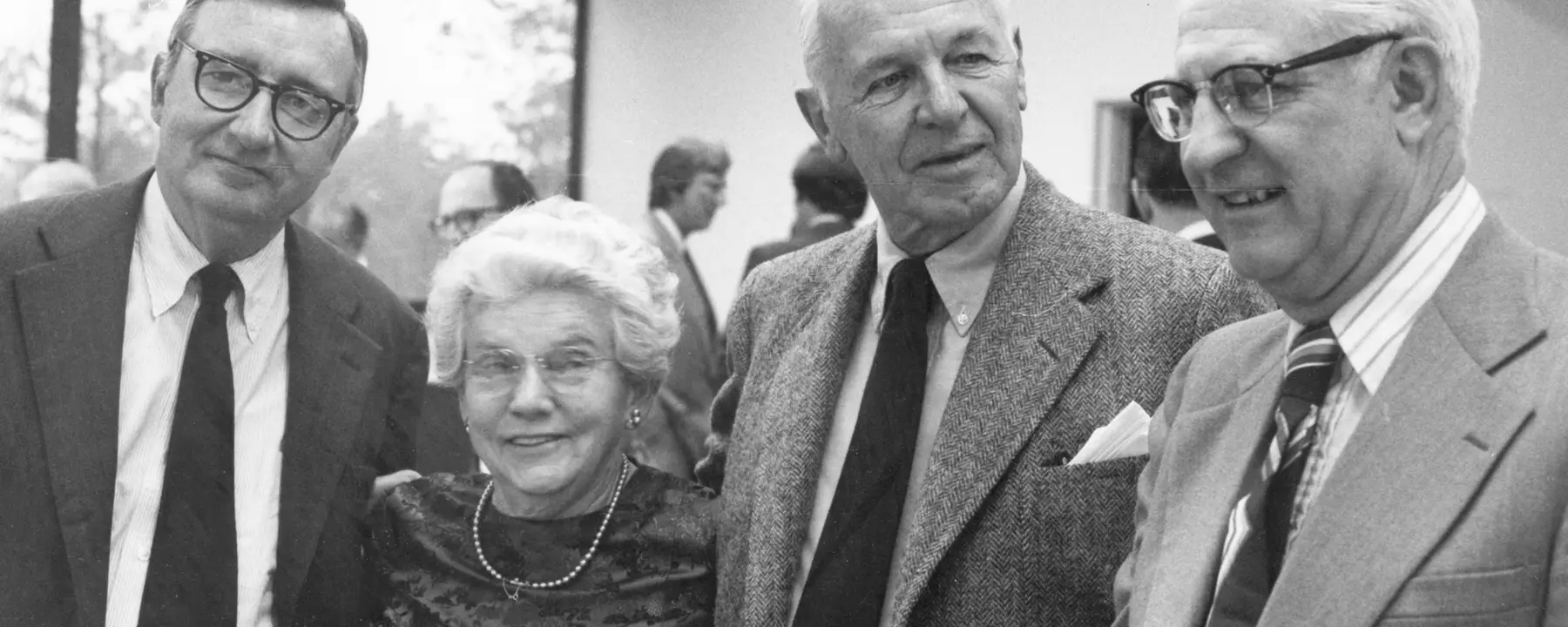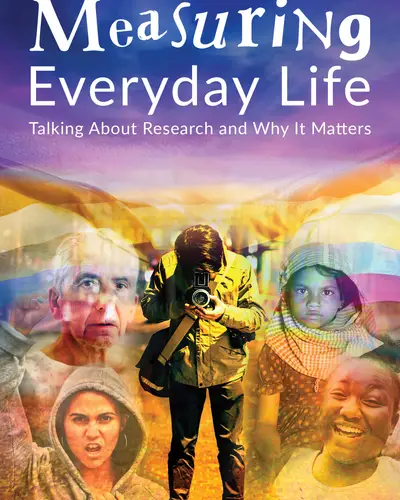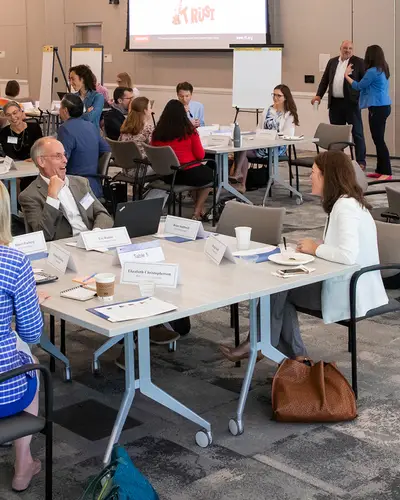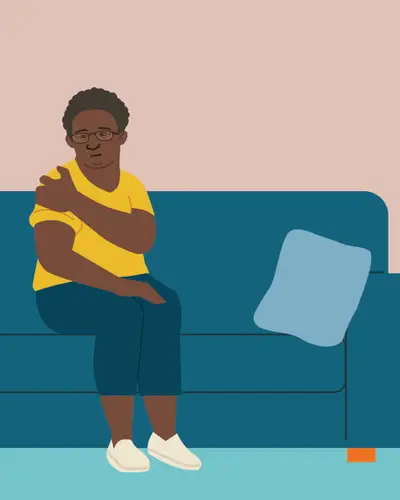RTI International was founded in 1958 by universities and government and business leaders to retain local talent. We were the anchor tenant of North Carolina's Research Triangle Park, now known worldwide as a hub of research, technology, and innovation. Since then, we have grown into one of the world's leading nonprofit research institutes, with 6,000 staff in more than 90 countries working to improve the human condition by turning knowledge into practice.
In 2023, we celebrated RTI's 65th anniversary. Our vision is to address the world's most critical problems with science-based solutions in pursuit of a better future. This page features our work finding solutions to large, global challenges to improve the human condition. From assisting the South African government with its transition from the apartheid education system and studying the long-term health effects in the wake of hurricanes Katrina and Rita to providing public health research and guidance during the COVID-19 pandemic, RTI’s experts make a difference around the world.
RTI History

Leaders in academia, business, and state government establish RTI as the initial research organization and focal point for research in North Carolina's Research Triangle Park. First projects include applied statistics and environmental research.
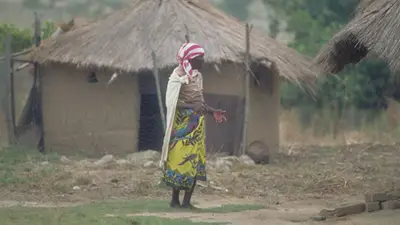
RTI conducts its first international development project, a rural economic and agricultural statistics survey in Nigeria for USAID.
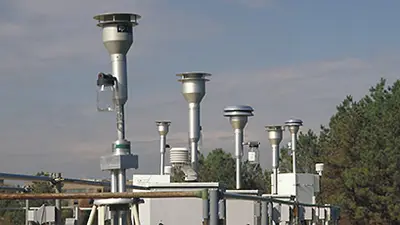
A survey of public health attitudes on threats from air pollution — the first environmental project at RTI — is completed.

NASA names RTI one of seven teams created to ensure that technologies developed for space exploration are transferred to the commercial marketplace.
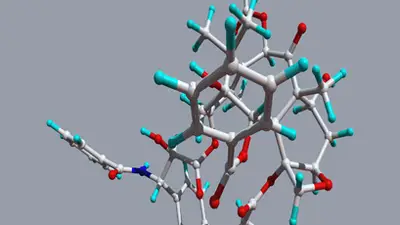
Drs. Monroe Wall and Mansukh Wani report the isolation of Taxol from the Pacific yew tree and note its potential as a cancer-fighting compound. Today, Taxol remains one of the most effective and safe medicines needed in a health system.

Micrometeoroid detectors built at RTI fly on NASA's Pioneer 10 as it explores Jupiter, Saturn, and an asteroid belt. Pioneer 10 returned data until 1980, when it was more than 2 billion miles from Earth.

With USAID support, RTI begins helping Tamale, Ghana, implement plans to improve health care, roads, sewage systems, and water supplies for the city's rapidly growing population.

For EPA, RTI chemists test air in homes built over the Love Canal dump site and identify nearly 100 chemicals, raising awareness of hazards associated with what later became known as Superfund sites.

In a study for EPA, RTI scientists discover that indoor air often fails to meet EPA's ambient air quality standards. As a result, indoor air quality begins to receive national attention.
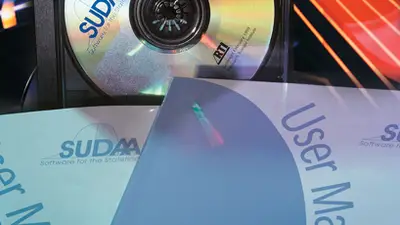
RTI begins licensing SAS procedures for SUDAAN®, building on work begun in 1972. SUDAAN is a widely recognized and internationally respected software package for statistical research.

RTI begins work on the National Survey on Drug Use and Health, policy makers' major source of data on substance use and abuse.
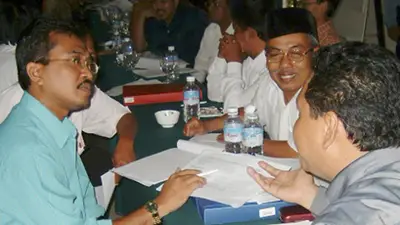
RTI begins working with Indonesia on a USAID-funded program to create a foundation for decentralized democratic local governance.

With funding from NASA, RTI develops the first radar-based predictive wind shear detection system installed on commercial aircraft. This technology helps pilots avoid wind shear, a major factor in aviation accidents and fatalities.
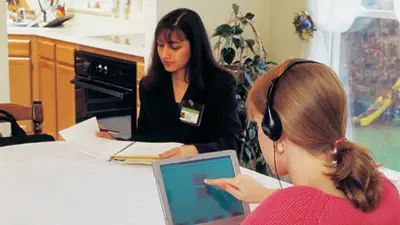
RTI becomes one of the first organizations to put a new survey tool, audio computer-assisted self-interviewing (ACASI), to use in large-scale field interviewing.

RTI begins assisting the South African government with its transition from the apartheid education system to one that provides increasingly equal education opportunities for all citizens.
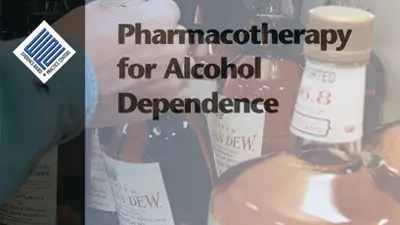
RTI partners with UNC-Chapel Hill to become one of the Agency for Healthcare Research and Quality's evidence-based practice centers. The RTI–UNC center produces systematic reviews and analyses of health care and health policy topics.
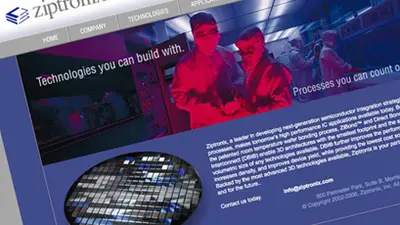
RTI spins off a new company, Ziptronix, which produces integrated circuit chips that are less expensive, faster, and more powerful than existing chips.
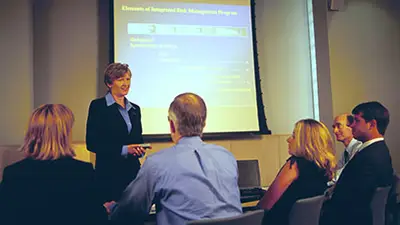
RTI forms a new business unit, RTI Health Solutions, to provide research and consulting services to biopharmaceutical and medical device companies.

RTI announces the first significant breakthrough in thermoelectric research in 40 years: a new thin-film superlattice material that is 2.4 times more efficient and 23,000 times faster than current technology.

An RTI study estimates that more than a half-million people in the New York City metropolitan area may have developed post-traumatic stress disorder in the wake of the September 11, 2001, terrorist attacks on the World Trade Center.
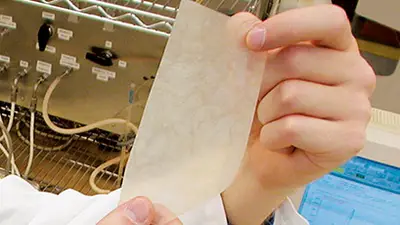
RTI scientists develop nanoengineered membranes that could enable a new generation of highly efficient separation devices for use in petroleum and chemical production and environmental cleanup technologies.
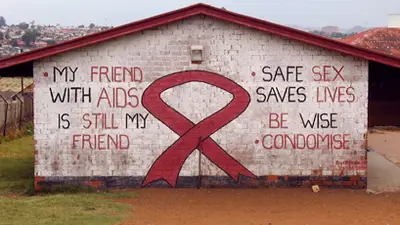
RTI's begins a five-year study in Pretoria, South Africa, to improve women-focused intervention programs for HIV prevention.
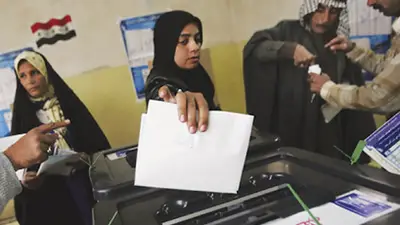
RTI begins a project for USAID to assist in developing effective, democratically elected local governments throughout post-conflict Iraq.

Working with CDC, RTI researchers provide the first state-by-state estimates of the share of medical expenditures–as much as $93 billion a year–that are related to obesity.

RTI begins developing an air quality modeling and management system to support efforts to reduce and control air pollution in Beijing, China, in advance of the 2008 Olympics.
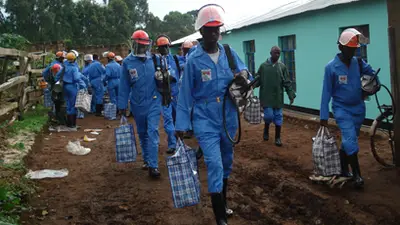
RTI's support for malaria control expands to 10 African countries. In 2006 and 2007, RTI helped treat the homes of more than 2 million people to prevent the spread of malaria.

RTI spins off a new company, siXis, to commercialize an innovative technology developed at RTI. The technology promised to increase processing performance while reducing the size of circuits and power requirements.
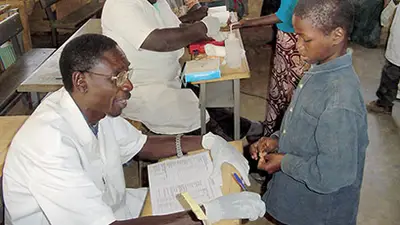
RTI's USAID-funded neglected tropical diseases program, in its third year, provides over 200 million treatments to more than 55 million at-risk people in 13 African nations.

RTI scientists monitor a group of children living in temporary housing in the wake of hurricanes Katrina and Rita to better understand any potential long-term health effects following natural disaster displacement.
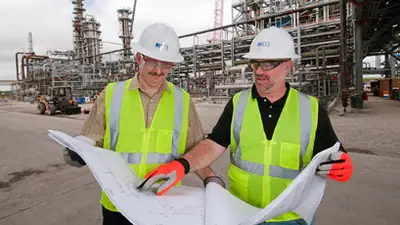
RTI receives Department of Energy funding to apply its patented technology for cleaning coal-derived synthetic gas at a 50-megawatt commercial power plant in Florida.
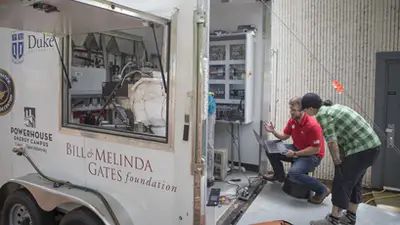
RTI receives a grant from the Bill & Melinda Gates Foundation to develop a toilet that can disinfect, dry and burn solid waste, and convert the resulting combustion energy into stored electricity.

RTI's evaluation of a program in New York shows that mandating outpatient treatment to those who need it results in substantial cost savings by cutting hospitalizations.

RTI completes its participation in the 15-year National Survey of Child and Adolescent Well-Being, collecting data on more than 12,000 children in the child-welfare system and tracking variables like domestic violence and use of psychotropic medications.
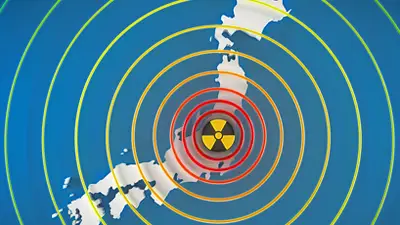
In the aftermath of the Fukushima Daiishi nuclear disaster, RTI develops an emergency response program that improves communications and bolsters radiological monitoring systems.

RTI supports the design and implementation of the Global Adult Tobacco Survey, which collects household-level data on tobacco use from adults aged 15 years and older in low- and middle-income countries.
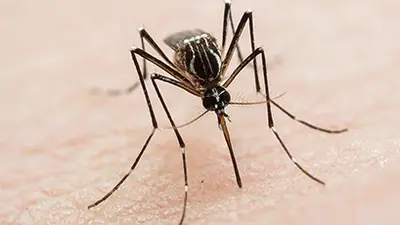
RTI creates a theory-based, multichannel marketing campaign to warn pregnant women in Puerto Rico about the dangers of the Zika virus, which is carried by mosquitoes.

RTI supports the joint National Park Service/EPA program Interagency Monitoring of Protected Visual Environments (IMPROVE), which measures the impact of air pollution on visibility at U.S. national parks.
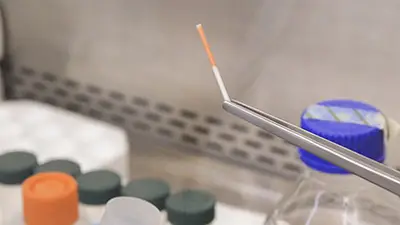
A long-acting biodegradable HIV-prevention implant developed by RTI researchers achieves a drug delivery of three months in vivo clinical studies, a potential milestone in HIV control.

In response to growing nationwide concern, RTI researchers redesign the process by which the U.S. Bureau of Justice Statistics counts arrest-related fatalities.
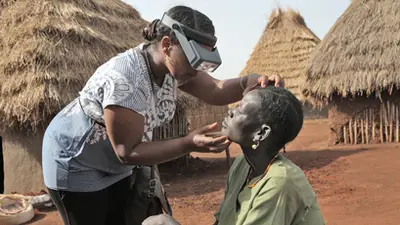
The ENVISION project, led by RTI, supported the governments of Cambodia, Laos, and Nepal to eliminate trachoma—a bacterial eye infection which can lead to blindness—as a public health problem.
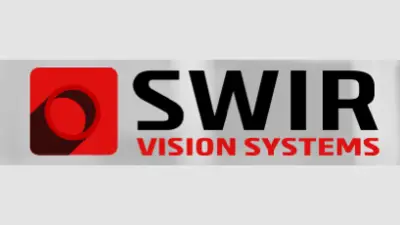
RTI spins off a new venture company, SWIR Vision Systems, Inc., to commercialize breakthrough infrared camera technology for applications in vision, security, agricultural, automotive, and other global imaging markets.
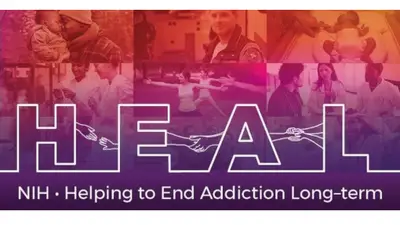
RTI coordinates a NIDA- and SAHMSA-funded study aimed at reducing opioid fatalities by at least 40% by 2022.

Pretomanid, a drug developed by RTI researchers to treat both Extensively Drug Resistant and Multidrug Resistant Tuberculosis, becomes the third FDA-approved anti-TB drug in over 40 years.

RTI leads clinical trial showing that stellate ganglion block injections, which have been known for decades to relieve pain, are also effective in reducing PTSD symptoms in active-duty service members.

The European Medicines Agency announces a favorable opinion about the monthly dapivirine vaginal ring (DPV), which RTI researchers have studied for decades as a promising method of HIV prevention in low- and middle-income countries.
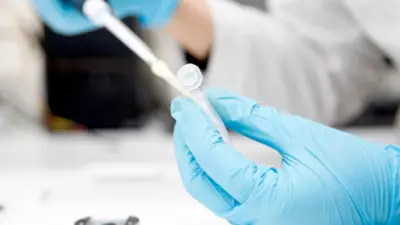
RTI coordinates an NIH initiative to understand the risks of severe COVID-19 illness and identify treatments.

RTI partners with the Duke Human Vaccine Institute to coordinate NIAID’s new emerging infectious diseases network.

RTI releases a publicly available COVID-19 data tool that allows users to visualize hotspots and key indicators associated with U.S. zip codes.

RTI launches Forethought, a research challenge that encourages collaborations between research organizations in the Research Triangle, NC to tackle critical societal issues.

USAID successfully concludes an economic empowerment program in Somalia, implemented by RTI, which created over 23,000 local jobs and increased the export of Somali goods by $51.5 million.

RTI launches the North Carolina Center for Optimizing Military Performance to assist the Department of Defense with preventing injury and speeding recovery, maintaining performance in multi-stressor environments, and enhancing baseline physical and mental performance.

RTI launches the Center for Climate Solutions to apply science-based actions to environmental challenges, securing a more sustainable and prosperous future.

Tim J. Gabel, RTI’s executive vice president of the Social, Statistical and Environmental Sciences (SSES) business unit, is named president and chief executive officer, succeeding E. Wayne Holden.
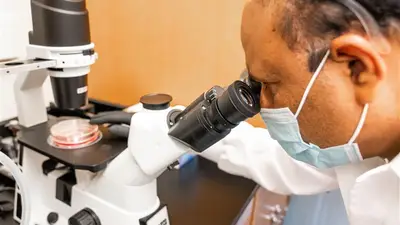
RTI and NCCU forge a new laboratory partnership to study the role that the environment plays on health and disease.

RTI is awarded a seven-year contract from SAMHSA to continue its more than 30 years of support of the National Survey on Drug Use and Health.
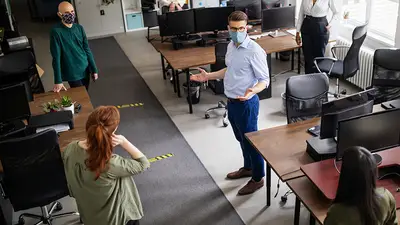
RTI’s evaluation of LED technology demonstrates its potential for air and surface disinfection as well as areas of improvement to accelerate commercial use.
RTI Press Collection
RTI Press is a global publisher of peer-reviewed, open-access publications. This collection features publications from RTI Press and elsewhere about North Carolina issues that intersect with RTI's expertise in social and laboratory sciences.
Annual Reports
From the earliest pages to the present day, each annual report serves as a testament to our enduring vision, resilient spirit, and relentless pursuit of innovation. Delve into the captivating narratives, insightful analyses, and comprehensive data that have been meticulously compiled and presented year after year, showcasing our transparent and accountable approach towards fulfilling our mission.
- Annual Report: 1961
- Annual Report: 1963
- Annual Report: 1964
- Annual Report: 1966
- Annual Report: 1969
- Annual Report: 1971
- Annual Report: 1974
- Annual Report: 1975
- Annual Report: 1978-1979
- Annual Report: 1982
- Annual Report: 1983
- Annual Report: 1984
- Annual Report: 1985
- Annual Report: 1986
- Annual Report: 1987-1989
- Annual Report: 1990
- Annual Report: 1991
- Annual Report: 1992
- Annual Report: 1993
- Annual Report: 1994
- Annual Report: 1995
- Annual Report: 1996
- Annual Report: 1997
- Annual Report: 1998
- Annual Report: 1999
- Annual Report: 2000
- Annual Report: 2001
- Annual Report: 2002
- Annual Report: 2003
- Annual Report: 2004
- Annual Report: 2005
- Annual Report: 2006
- Annual Report: 2007
- Annual Report: 2008
- Annual Report: 2009
- Annual Report: 2010
- Annual Report: 2011
- Annual Report: 2012
- Annual Report: 2013
- Annual Report: 2014
- Annual Report: 2015
- Annual Report: 2016
- Annual Report: 2017
- Annual Report: 2018
- Annual Report: 2019
- Annual Report: 2020
- Annual Report: 2021
- Annual Report: 2022
